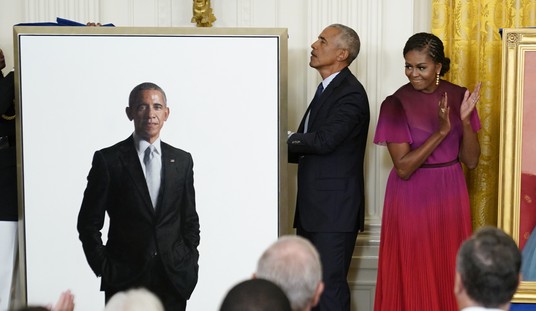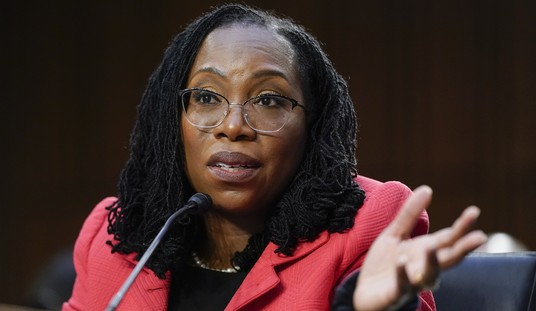Some fifty years ago, a mass migration transformed Judaism in France and in other countries of Western Europe. Algeria, a French colony in North Africa, was granted independence in 1962. Over one million French residents — European settlers and natives that had opted for French citizenship and culture — had no choice but to flee across the Mediterranean to the mother country, and ten percent of them were Jewish. Overnight, the Jewish community in Metropolitan France grew from 300,000 to over 400,000 souls.
Two more countries in North Africa had been French protectorates until the 1950s: Morocco to the west of Algeria; Tunisia to the east. Upon acceding to independence, the local governments in Rabat and Tunis guaranteed full equality to their Jewish minorities. But it soon became apparent that this was an empty promise, and that all non-Muslims, including Jews, had to go.
The exodus accelerated after the grisly circumstances of Algerian independence. Many Moroccan and Tunisian Jews fled to Israel. Some went to the French-speaking province of Quebec, in Canada. The rest — some 200,000 Jews — came to France. In addition, tens of thousands of Jewish refugees came from Turkey, Egypt, Lebanon, and Iran. All in all, the French Jewish community reached a peak of 700,000 in the 1970s.
Quantity may translate into quality. The sudden growth of a Jewish population allowed for a remarkable Jewish cultural and religious revival in France that compared with the parallel blooming of Judaism in North America and Israel.
Now, a reversal is taking place. Today Jews are migrating out of France, and this is occurring in increasingly larger numbers.
This migration starts within France, as a mere change of locations. In Greater Paris, middle-class Jewish families are deserting neighborhoods that have been engulfed by more recent immigrants from Africa and the Near East. These new immigrant populations have proven prone to violence, and as radical Muslims, many entertain negative views about Jews and Judaism. Harassment, arson, and assault are frequent. There have been several murders. Even the liberal-minded Imam Hassan Chalghoumi of Drancy, who advocates friendly relations with Christians and Jews, was threatened and assaulted.
“I did not leave Morocco for France to be confronted by Morocco again in France,” a Casablanca-born Jewish physician confided to me. He is selling his apartment in an increasingly Muslim-populated area of southeastern Paris to move to the local “Promised Land,” the West End of Paris. This area consists of the 16th and 17th districts, as well as the adjacent boroughs of Levallois, Puteaux, Neuilly, and Boulogne. These places are more expensive. But they are still solidly white and Christian, and thus, under the present conditions, deemed to be safer.
However, everybody cannot afford to move West, especially Orthodox Jewish families with many children. And even those who settled for other safer areas are not sure about the future. They wonder whether classic anti-Semitism is not back with a vengeance all over Europe, after several decades of post-Holocaust toleration. The fact that campaigns to make kosher slaughter and even circumcision illegal are gaining ground in several countries, and were even endorsed at the Council of Europe in Strasbourg, is seen as particularly ominous.
So French Jews are looking beyond the West End. Registration with the Jewish Agency for emigration to Israel is soaring. Students are enrolling in Israeli or American universities. Families are buying apartments in Israel, or houses in Florida. Young professionals are looking for opportunities in the Israeli Silicon Valley, in London, even in Shanghai.
For quite a long time, many Israelis were skeptical about a large-scale immigration wave away from France ever occurring. The consensus was that French Jews talk a lot about immigrating, they buy apartments for vacationing, but at the end of the day very few of them stay abroad. Now, Jewish migration out of France is a proven reality (in fact, this goes for migration in general: many non-Jewish French are considering emigrating as well). From an Israeli perspective, the questions now are whether emigrants will go to Israel or to another place, and what the numbers really are.
Since no census based on religion or ethnicity is allowed under French law, demographers must rely on indirect sources and estimates in order to assess the size and distribution of the Jewish population. Results can be quite diverse. Since 1994, according to most polls and investigations, 1% of the French describe themselves as Jewish. Since the global French population (overseas territories included) grew during the same period from 57.6 million to 65.5 million in 2013, the Jewish population may actually have grown by ten percent, from 576,000 to 655,000.
However, many sources point instead to diminishing numbers. According to the Jewish Virtual Library, the Jewish population has declined to 480,000.
According to the report on religious attitude and affiliation in France released in 1994 by CSA, a polling institute, 1% of the French identified “entirely” with Judaism, an additional 1% identified “strongly,” and an additional 2% identified “somewhat.” These results would have enlarged the sway of Judaism to 4%, over 2 million. (Some 92% of the French said they did not identify “at all” with Judaism.)
CSA has conducted many other polls on religious issues since then, but has never entirely replicated its 1994 methodology. Still, according to its 2003 survey, 2% of French adults aged 18-24 years identified as Jewish, a figure that would tend to confirm that “the audience” of Judaism was then larger than what it is routinely assumed to be. As for the 2013 CSA survey, it provides figures with similar implications: 2% of the French say they are “strongly interested” in Judaism, and an additional 16% say they are “somewhat” interested; whereas 82% are “not interested.”
The pattern set by the recently released Pew Forum report on American Jews may perhaps help researchers assess the real demographics of the French Jews. What the Pew Forum report essentially shows is that many Americans retain a link with Judaism and with Israel even if they are estranged from Jewish congregations and Jewish religion, or are only partially of Jewish descent. The same may be true about French Jews.
From 1994 to 2013, a solid 2% of the French population has expressed a steady commitment to Jewish matters, a number twice as large as the nominal Jewish population. It is likely that the broader 2% — that may amount nowadays to about 1.2 million people — have helped the core 1% to stay or even grow, in spite of death, acculturation, and emigration to Israel and other places. Moreover, the Jewish population writ large seems to be surrounded by ever-growing circles of more or less remote sympathizers, especially among observant Christians.
If indeed the broader Jewish population or “audience” of France, or just a significant fraction of it, is so concerned about its future as to consider leaving the country, Israel may realistically envision a major immigration wave in the coming decade, and should be well-advised to take the necessary steps without delay.









Join the conversation as a VIP Member